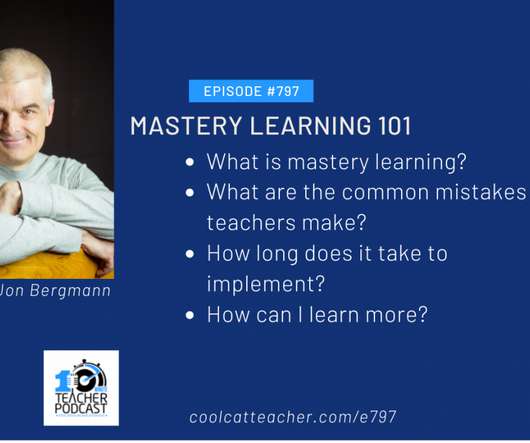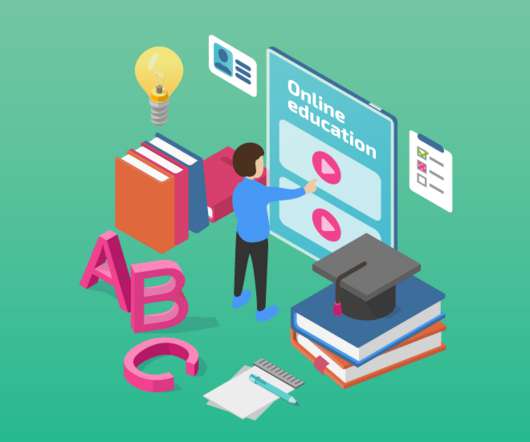What is Mastery Learning and How Do You Implement It Effectively?
The CoolCatTeacher
NOVEMBER 25, 2022
Mastery learning (also called competency-based learning) is being used in some classes and schools. Jon Bergmann, author of the Mastery Learning Handbook talks about how he uses mastery learning in his chemistry and physics classrooms. Jon Bergmann is one of the pioneers of the Flipped Classroom.















Let's personalize your content